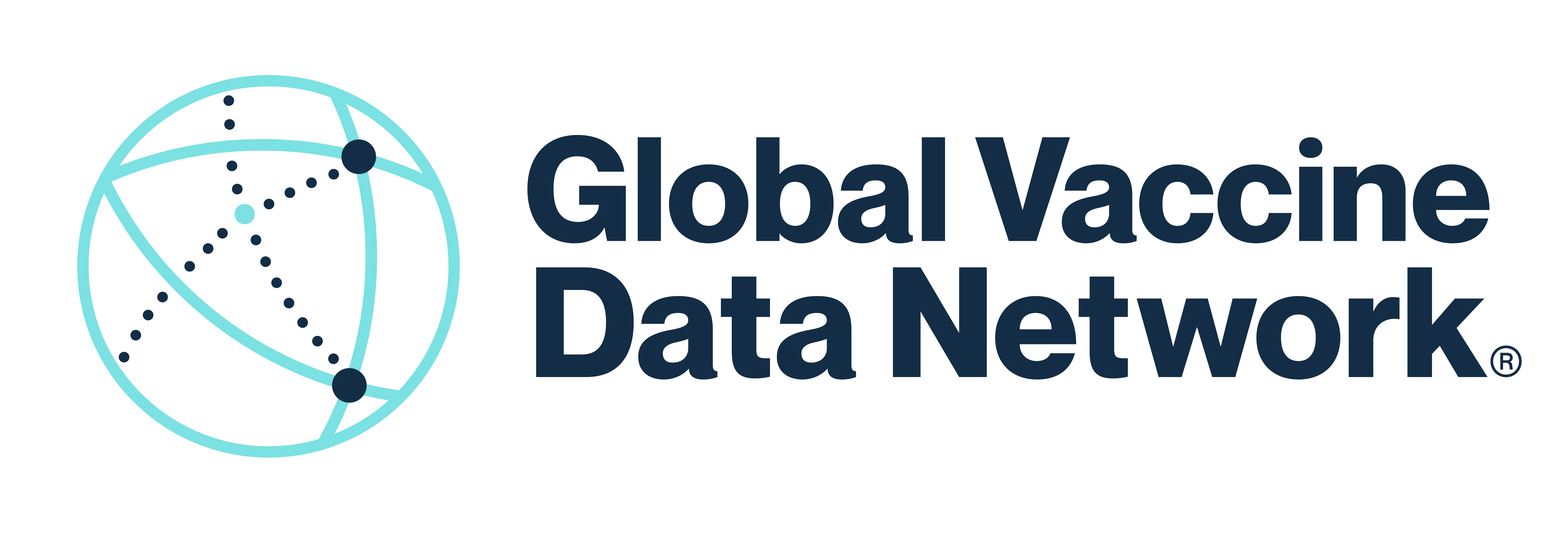With the spread of misinformation about COVID-19 and vaccination continuing to affect people from all walks of life around the world. The conceptual review of research on the science of misinformation published in Nature Medicine offers a timely summary of what is known along three key dimensions of the infodemic: susceptibility, spread, and immunisation.
It is not too late to immunise against COVID-19 psychologically and physically. All of us have a role to play prebunking and debunking to boost global citizen’s psychological immunity to misinformation and enabling those who are susceptible to misinformation to consider science-based evidence when making decisions about vaccination, and for those in the Southern Hemisphere, against COVID-19 and the ominous arrival of influenza.
Key points from Sander van der Linden’s conceptual review:
- Misinformation has played a significant influencing role in the COVID-19 pandemic and many people have been adversely affected either directly or indirectly.
- Not everyone is equally as suspectable.
- Effective interventions include prebunking and correcting the misinformation using evidence-based techniques. The idea that debunking should be avoided due to a backfire effect is not supported by the body of evidence.
- Further research could improve our understanding of susceptibility, the most efficient mechanisms for spread, the most effective methods for inoculating people against misinformation through debunking and prebunking; and the psychology behind the spread of misinformation.
Reference:
van der Linden S. Misinformation: susceptibility, spread, and interventions to immunize the public. Nat Med. 2022;28(3):460-7. PMID35273402
